
Our vision:
A safe and healthy Kitsap County for all.
Dealing With Mosquitoes
Data Dashboards

Creating a Healthy Home
Most of us spend more time at home than anywhere else. Our homes can have a big effect on our physical and mental wellbeing. Click the buttons below to learn different ways to help your home stay safe and healthy.

Rodents and Other Pests
Health effects: Pests can carry diseases that can make humans sick, as well as cause allergic reactions.
Prevention tips:
-
Keep your living and cooking areas clean. Rodents are more likely to be in homes that have food crumbs, scraps, and spills on their floors and counters.
-
If rats or other rodents are already in your home, make sure that all of your food is stored in pest-proof containers.
-
Keep crawl spaces, vents, cracks, and spaces under doors sealed.
-
If you have birdfeeders, store birdseed in rodent-proof containers. Clean up any birdseed that has spilled onto the ground.
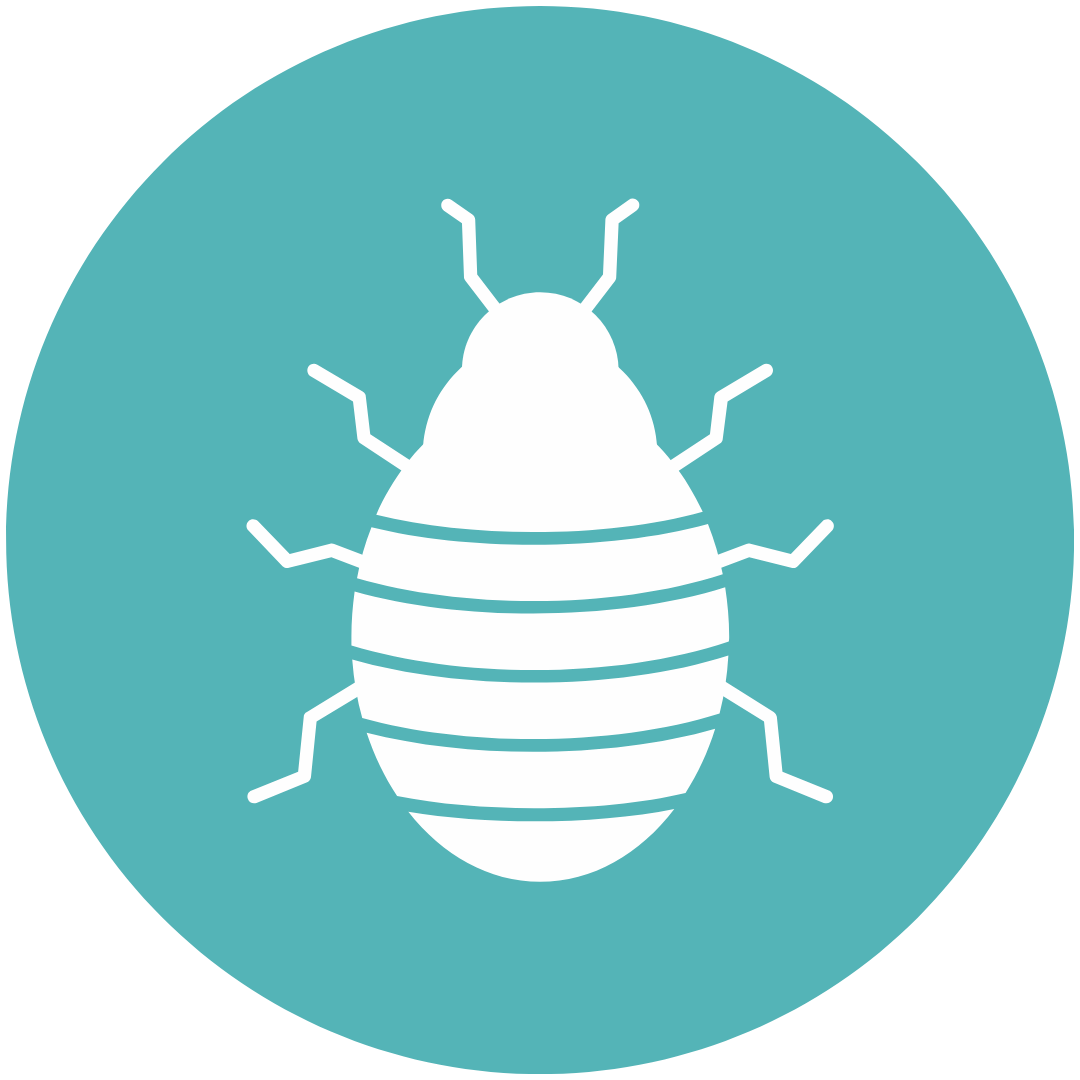
Bedbugs
Health effects: Bedbugs in your home can cause allergic reactions to bites (like itchiness). Bedbugs are frustrating and can cause stress, but they are not known to carry diseases that make humans sick.
Prevention:
-
When traveling, inspect sheets and mattresses for signs of bedbugs (reddish stains, bedbug feces or eggs). Do not stay in a room if you think it has bedbugs.
-
Inspect secondhand furniture for bedbugs before bringing it into your home.
-
If there are bedbugs in your home, tumble-dry all clothes and bedding on the "high" setting to kill bedbugs. Vacuum carpets and rugs to capture any stray bedbugs.
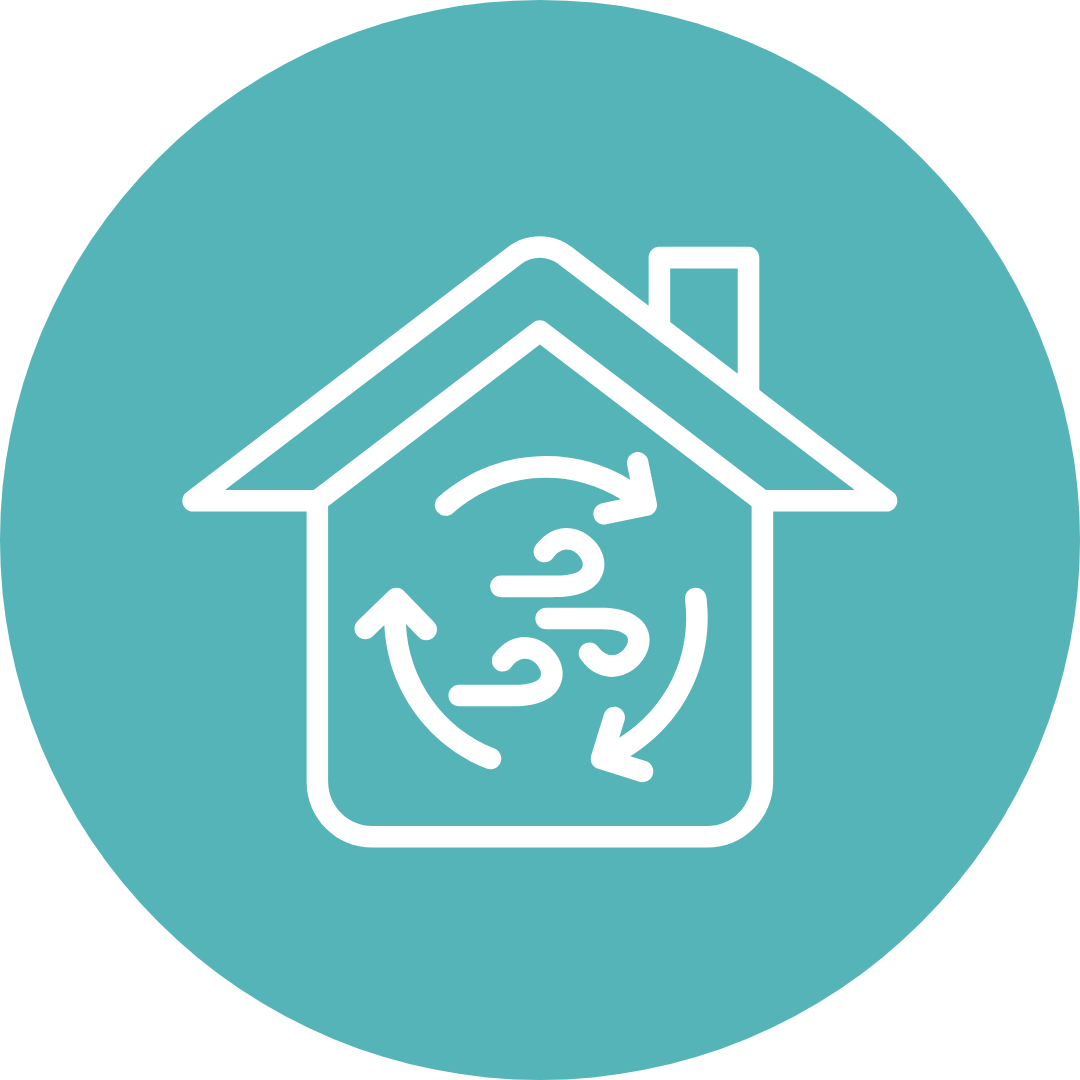
Indoor Air Quality
Health effects: Poor indoor air quality impacts everyone, especially children, older adults, and people with health problems like asthma or heart disease.
Prevention:
-
Improve air circulation by opening windows (when the weather permits) and turning on ceiling fans.
-
Use HEPA filters to filter out bad air quality.
-
Choose gentler, less toxic, and unscented cleaning products.
-
Avoid storing chemicals (paints, fuels, etc.) in your home, or store them in the smallest possible amount and in sealed containers.

Smoke and Carbon Monoxide
Health effects: Smoke, fire, and carbon monoxide can be deadly household hazards.
Prevention:
-
Install at least one smoke detector on each level of your home, as well as in every bedroom. Install at least one carbon monoxide detector on each level of your home.
-
Regularly test smoke and carbon monoxide detectors to ensure that they are working properly.
-
Have fire extinguishers and know how to use them.
-
Have an escape plan.
-
Regularly clean your chimney/flue to prevent the buildup of flammable residues.
-
Do not use barbeques or gas ovens to heat your home.

Dealing with Mosquitoes
Enjoying the great outdoors in Kitsap County usually means dealing with mosquitoes! Mosquitoes aren't just a nuisance - they can also cause diseases (like West Nile Virus and Zika Virus) if they bite someone.
The best way to protect yourself from diseases spread by mosquitoes is to prevent mosquito bites. You can reduce your risk by taking the following steps:
Avoid Mosquito Bites
If possible, stay indoors from dusk to dawn. This is when mosquitoes are the most active.
Wear a long sleeve shirt, long pants, socks, and a hat when mosquitoes are biting or when going into mosquito-infested areas, such as wetlands or woods.
Use mosquito repellent. Read the label and carefully follow instructions.
Install screens on windows and doors. Repair or replace any torn or poor-fitting screens.
Don't Give Mosquitoes a Home
Mosquitoes breed in standing water. Empty anything that holds standing water such as old tires, buckets, plastic covers, toys, bottles and cans.
Change water in your birdbaths, fountains, wading pools and animal troughs at least twice week.
Clean clogged rain gutters.
Fix leaky outdoor faucets and sprinklers.
More Resources
West Nile Virus | Washington State Dept. of Health
Zika Virus | Washington State Dept. of Health
Mosquito Control at Home | CDC
Mosquito Control | EPA

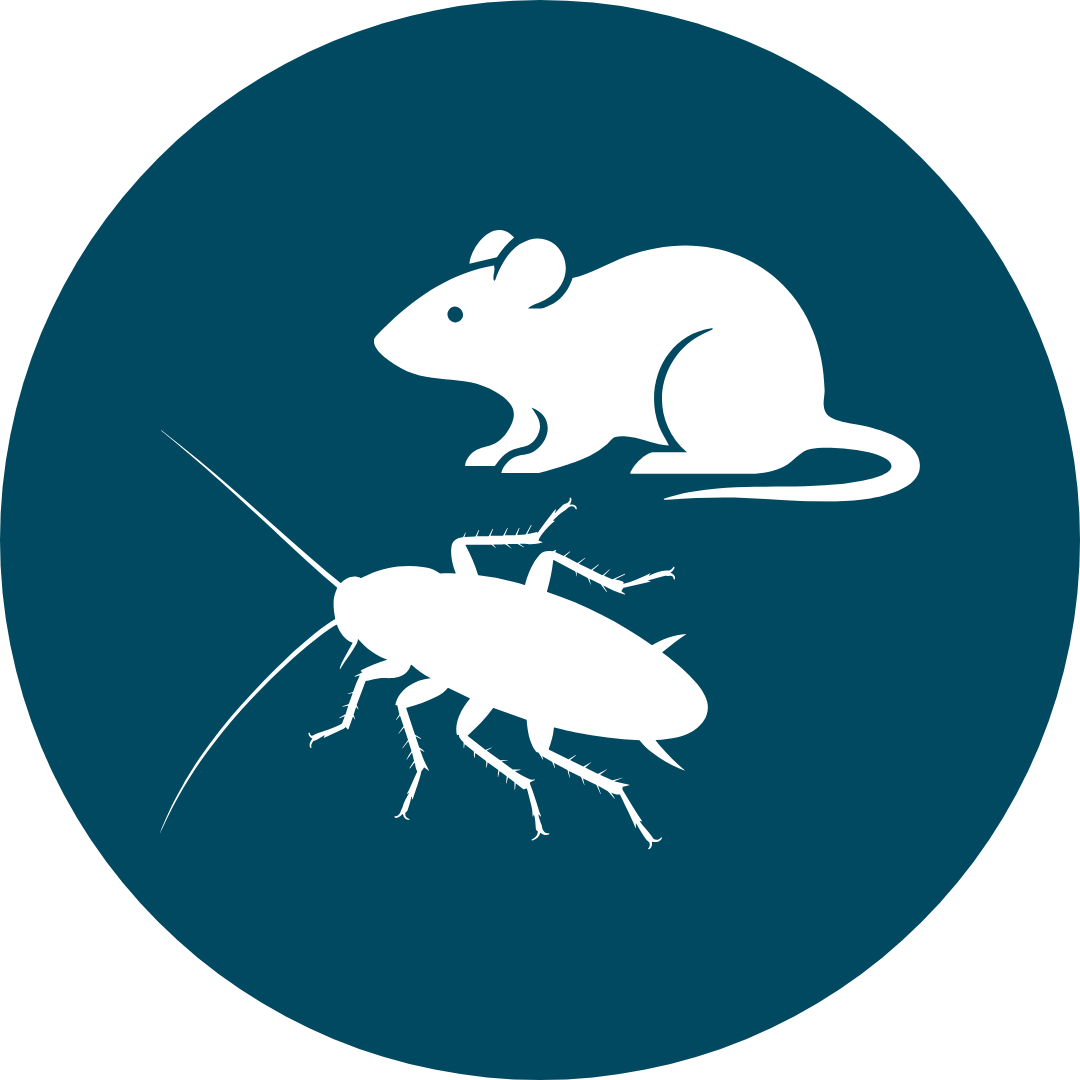
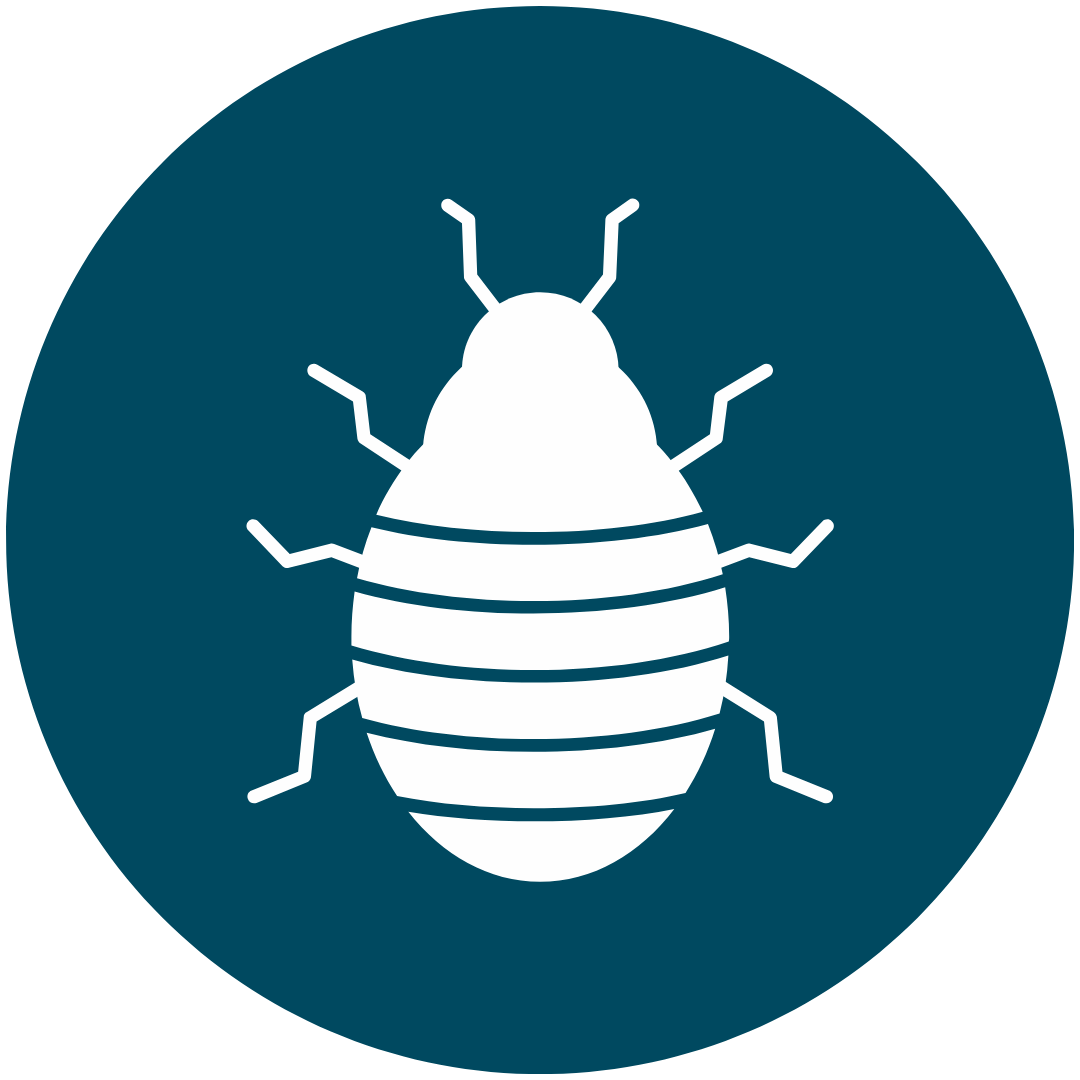


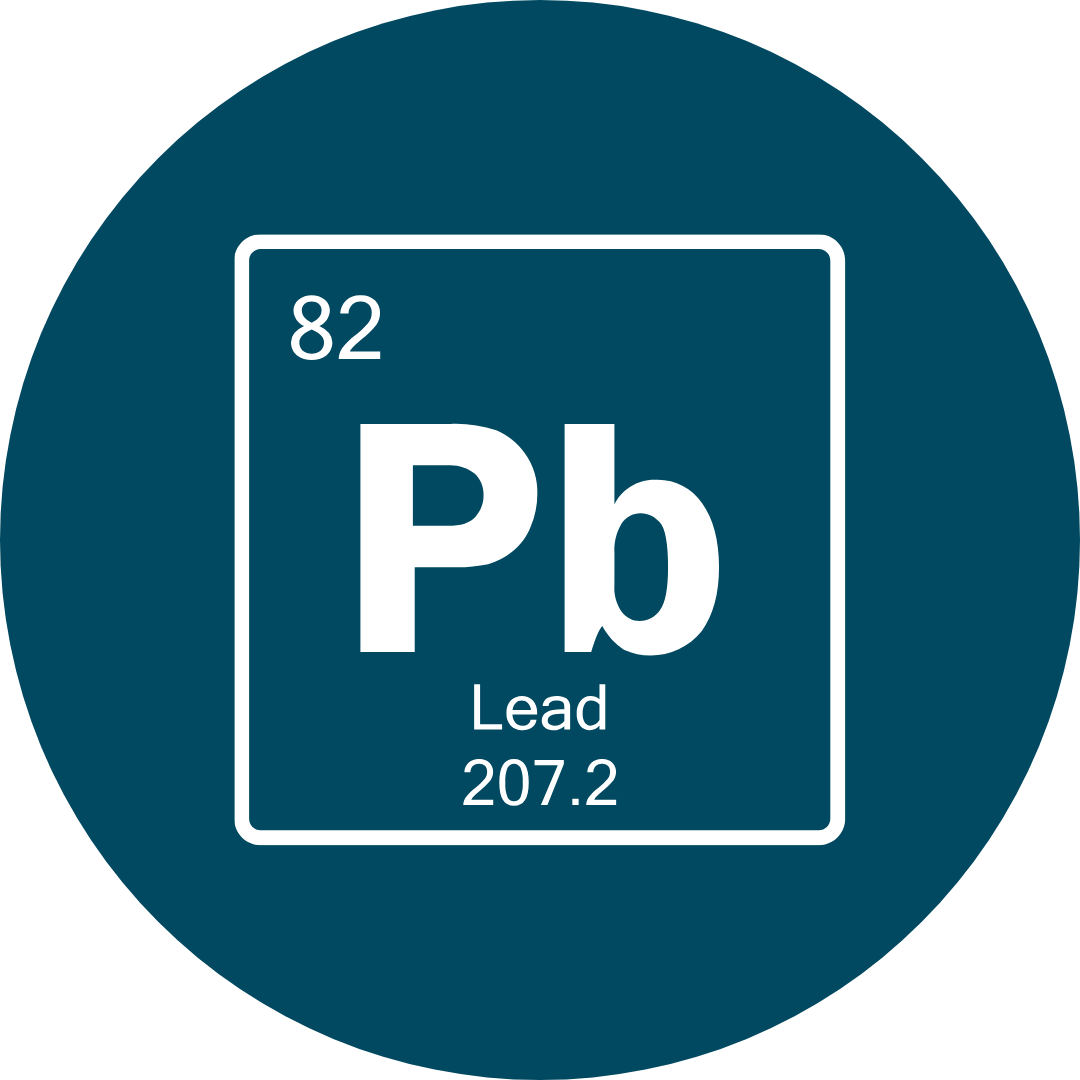

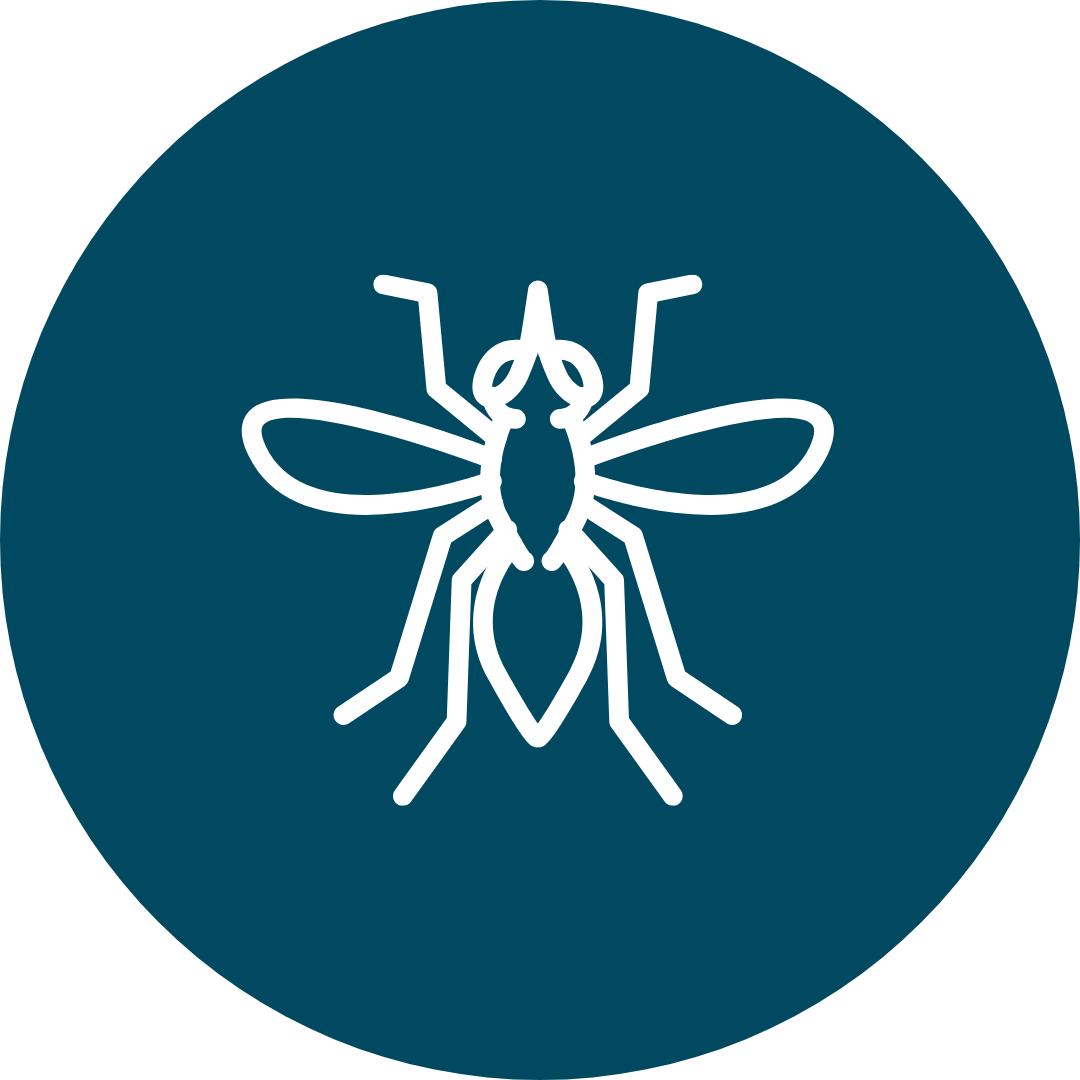
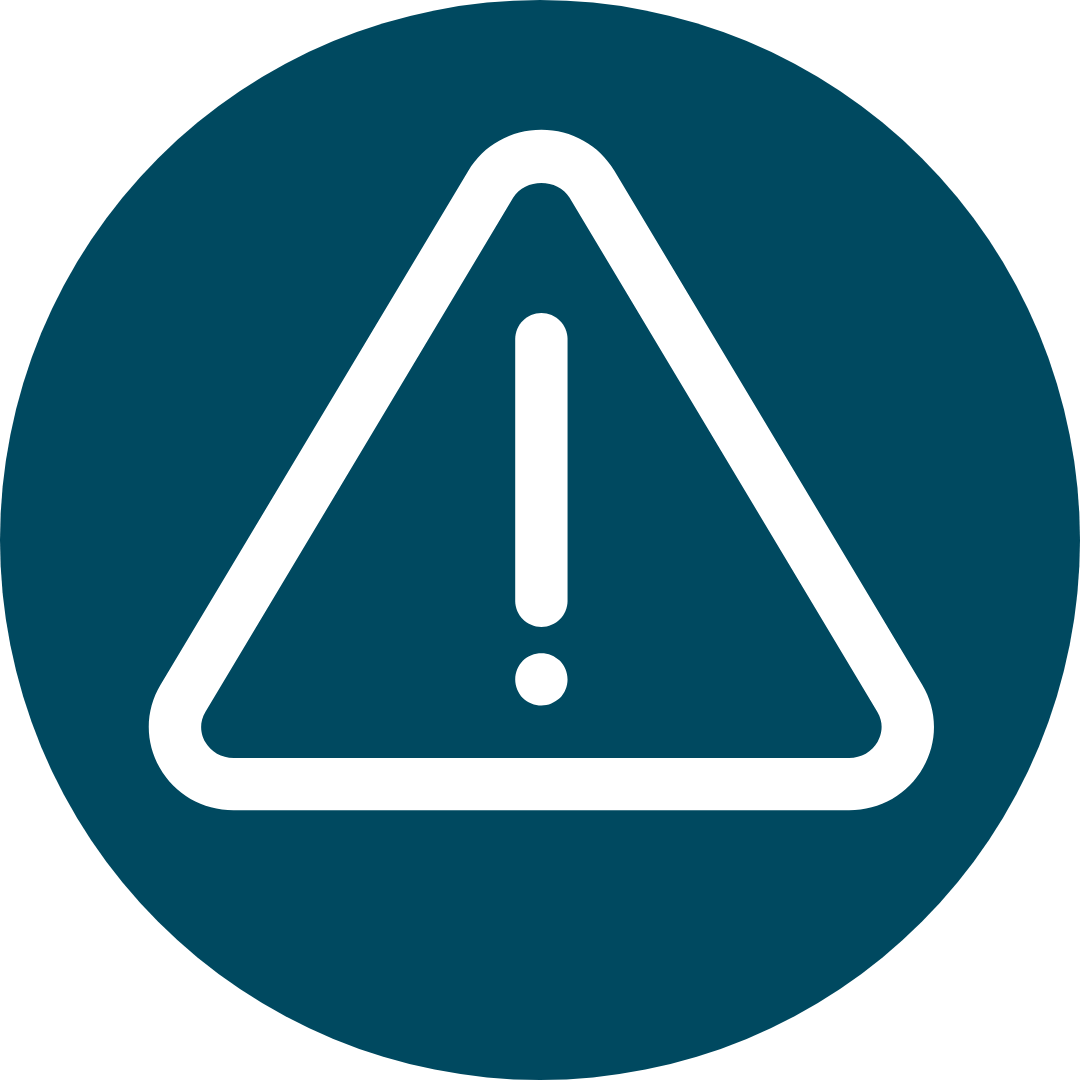

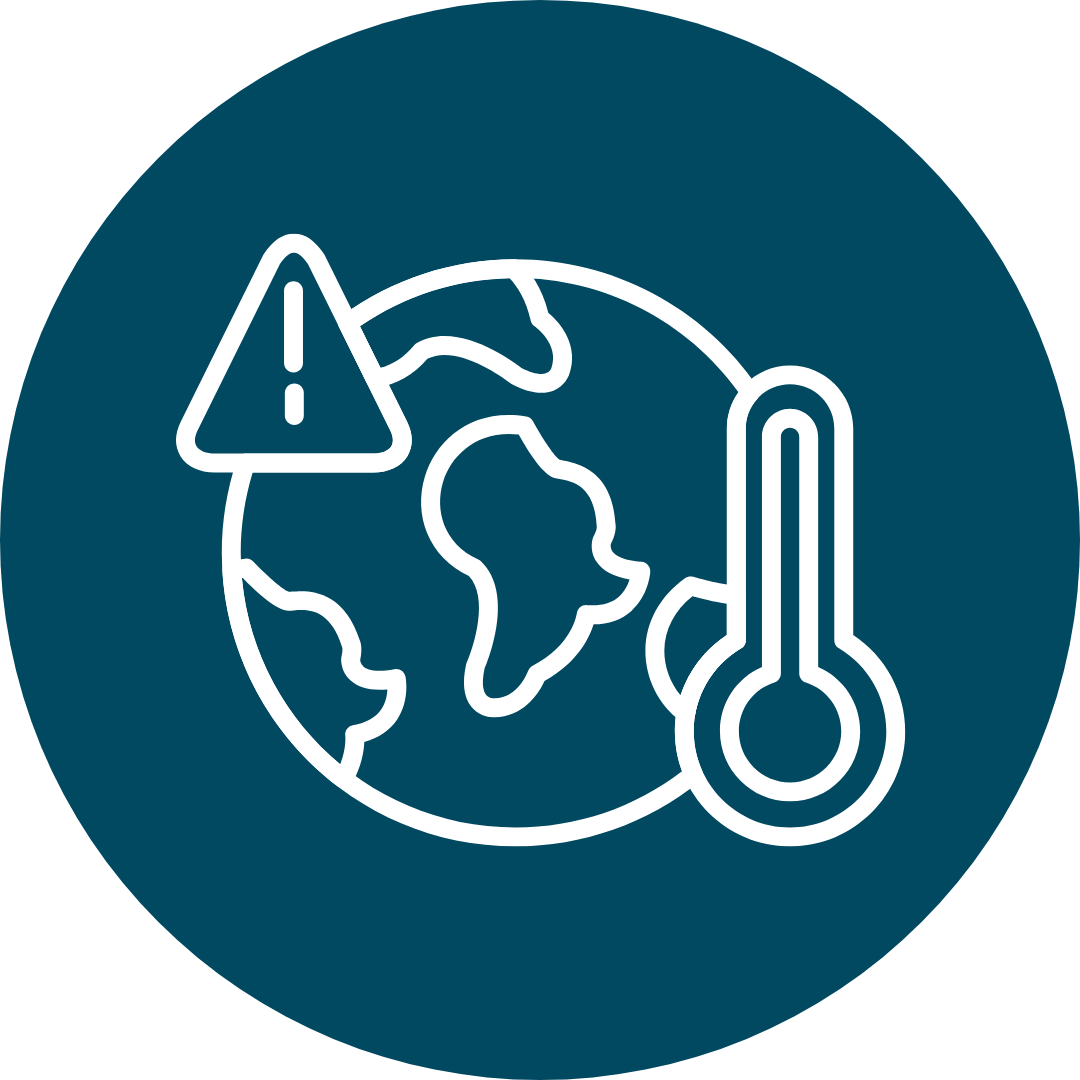
.png)
